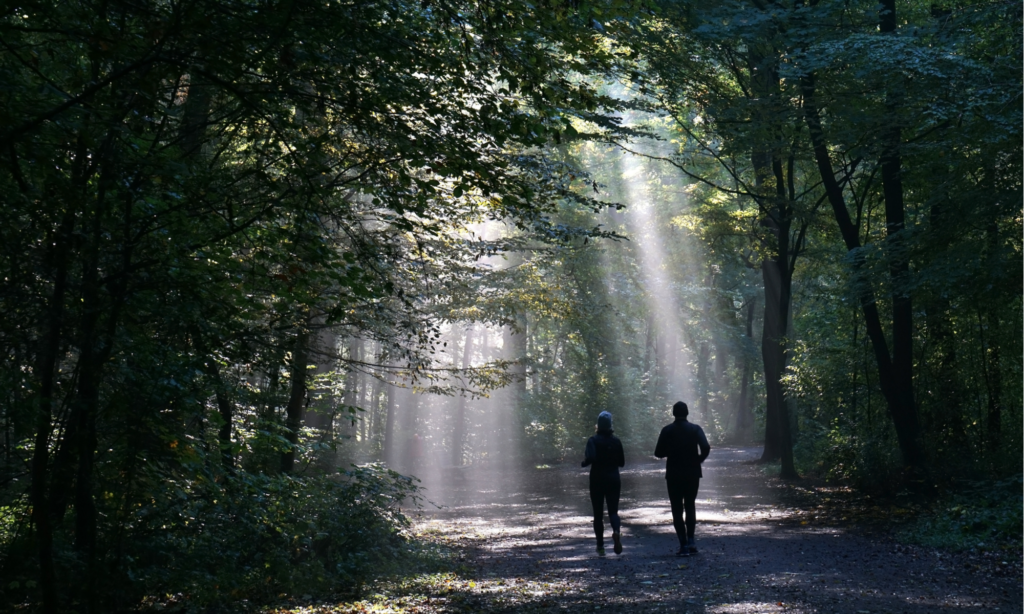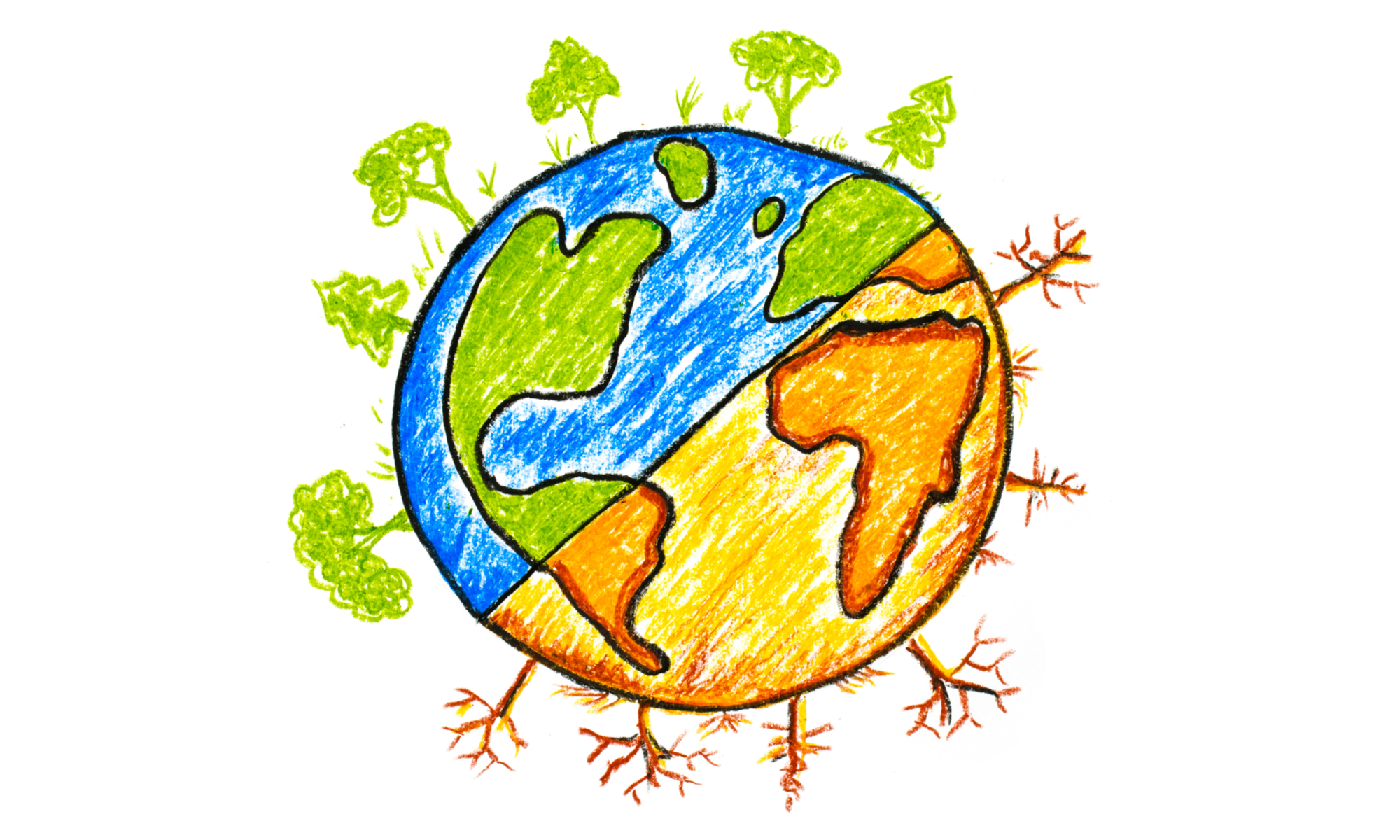nature
Researchers decoded the love signals of lizards “spoken” through chemical signals.
All that matters is the here and now.
▸
4 min
—
with
These pink feathered folk form complex social networks and are choosy about who they spend their time with, according to a new study.
Playing it safe and always taking the easy road can be obstacles to happiness, says professional adventurer Erling Kagge.
▸
3 min
—
with
Need to isolate? No problem! This philosopher is keeping the world posted on his isolation routine by Facebook.
Study shows ripples across a newly fertilized egg are similar to ocean and atmospheric circulations.
Because geocaches are always hidden out of sight, players often have to behave in out-of-the-ordinary ways to reach them.
Here’s how to exercise your curiosity and truly experience the world.
▸
4 min
—
with
Childhood is an important developmental feature of being human. Helicopter parenting disrupts that.
▸
4 min
—
with
The Hollywood blockbuster may have been right, if only 3.2 billion years off the mark.
A few traditions in the Roman Catholic Church can be traced back to pagan cults, rites, and deities.
On average, American households dump the equivalent of $1,900 worth of food a year.
Research explains the positive impact and health benefits of children spending more time in nature.
Hundreds more are documented in Robert Macfarlane’s Landmarks.
New research on killer whales may shine a light on the evolutionary power of menopause.
Is the way we choose which animals to protect out of date?
The 385-million-year-old fossils show that trees evolved modern features millions of years earlier than previously estimated.
Big Think has launched a line of apparel and goods that celebrate the life and work of four geniuses.
Thinning forests in the Western United States can save billions of gallons of water per year and improve conservation efforts.
Observing the great gas giant helps me to keep important things in perspective.
▸
with
As this map of Bouguer’s gravity anomaly shows, the pull of the earth varies considerably by region.
Since the late 1800s, what we know has advanced light years ahead.
Matter can indeed sprout out of nothingness, causing the universe to expand.
First of a 3-part series about future technologies and their role in human flourishing.
Researchers develop a novel method to measure gravity that can get much more information.
An orangutan has settled into a Florida home after a court granted her personhood rights. But what is the basis for personhood?





























